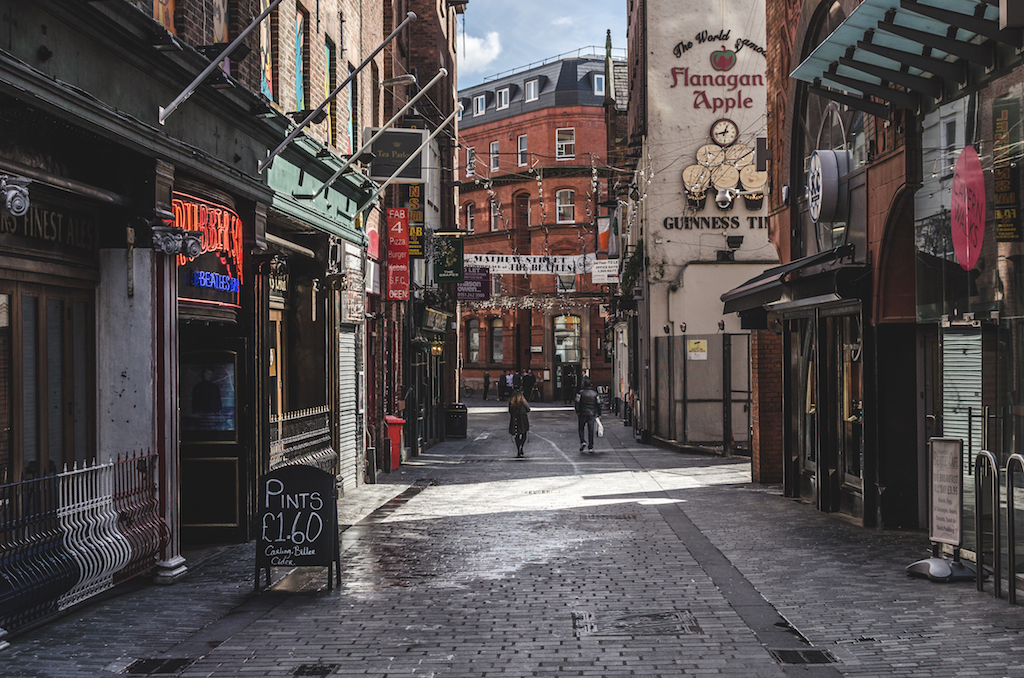
Posted on 20th November 2017 by New College Group
A Brief History of Liverpool
Going to be studying English in Liverpool? The city is rich in history and culture. Before you arrive in this great city, we thought we’d give a brief overview of the history of Liverpool.
The Name
It is thought that Liverpool was originally called “lifer pool” meaning muddy pool. This is because the city began as a tidal pool of the River Mersey.
Viking History
Where present day Liverpool sits, Viking settlements were common. Unbelievably, 50% of the men who currently live on the Wirral have Viking DNA!
Liverpool Castle
Liverpool Castle was probably erected between 1232 and 1235 under the orders of William de Ferrers, 4th Earl of Derby. Unfortunately, Liverpool no longer has a castle as the last remains of the structure were removed in 1724. The castle fell into disrepair after many battles and became an eyesore. However, in the village of Rivington, there is a scaled down rebuild of a ruined Liverpool Castle for people to visit.
Trade Routes
In the Middle Ages, Ireland was Liverpool’s main trading partner. Skins and hides were imported from Ireland and iron, salt and wool were exported from Liverpool.
16th & 17th Century
Liverpool started to grow in the 16th and 17th Centuries, however still had a population of only 2,000 in 1600. With that being said. The population of Liverpool reached 2,500 by the time of the English civil war in 1642.
18th Century
Liverpool continued to expand at a quick rate. By the beginning of the 18th century, the town had reached a population of around 5,000. By 1750 this had grown to 20,000 and by 1801 77,000.
Around 1795, a lot of Irish and Welsh people came to live in Liverpool. And some Scandinavian and Dutch. At this point, most of the population were not native to Liverpool.
19th Century
It was in this century that Liverpool became one of the world’s richest cities. It had the largest and most advanced port in the world. This made it the first city to have trade connections with all corners of the globe. The population had grown to around 77,000 in 1801 but this increased dramatically by 1851 to a staggering 376,000. In the early 19th Century many Irish immigrants entered the city to escape the Irish potato famine.
World War I and II
During the First World War Liverpool played a key naval role because of its impressive dock facilities. Because of this, in World War II, it was heavily bombed. In fact, Canada Dock in Liverpool was the most heavily bombed square mile in the UK and large sections of the city centre were destroyed.
Present Day
Today, Liverpool is known for its influence on music, football and fashion. The Beatles were formed in Liverpool, Everton and Liverpool FC are legendary football clubs and it’s a haven for shopping. It’s also a great city for culture and literature.
Looking to study English in Liverpool? It has so much to offer you won’t be disappointed about relocating to this vibrant city!